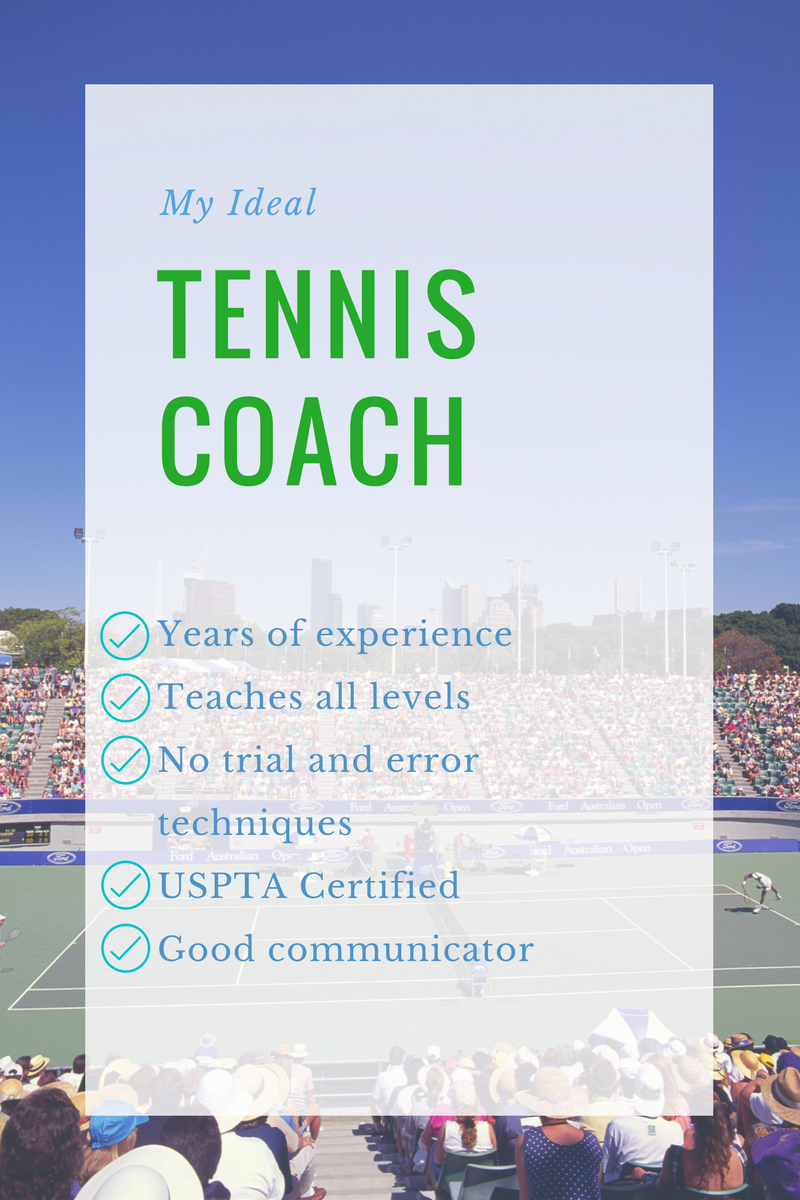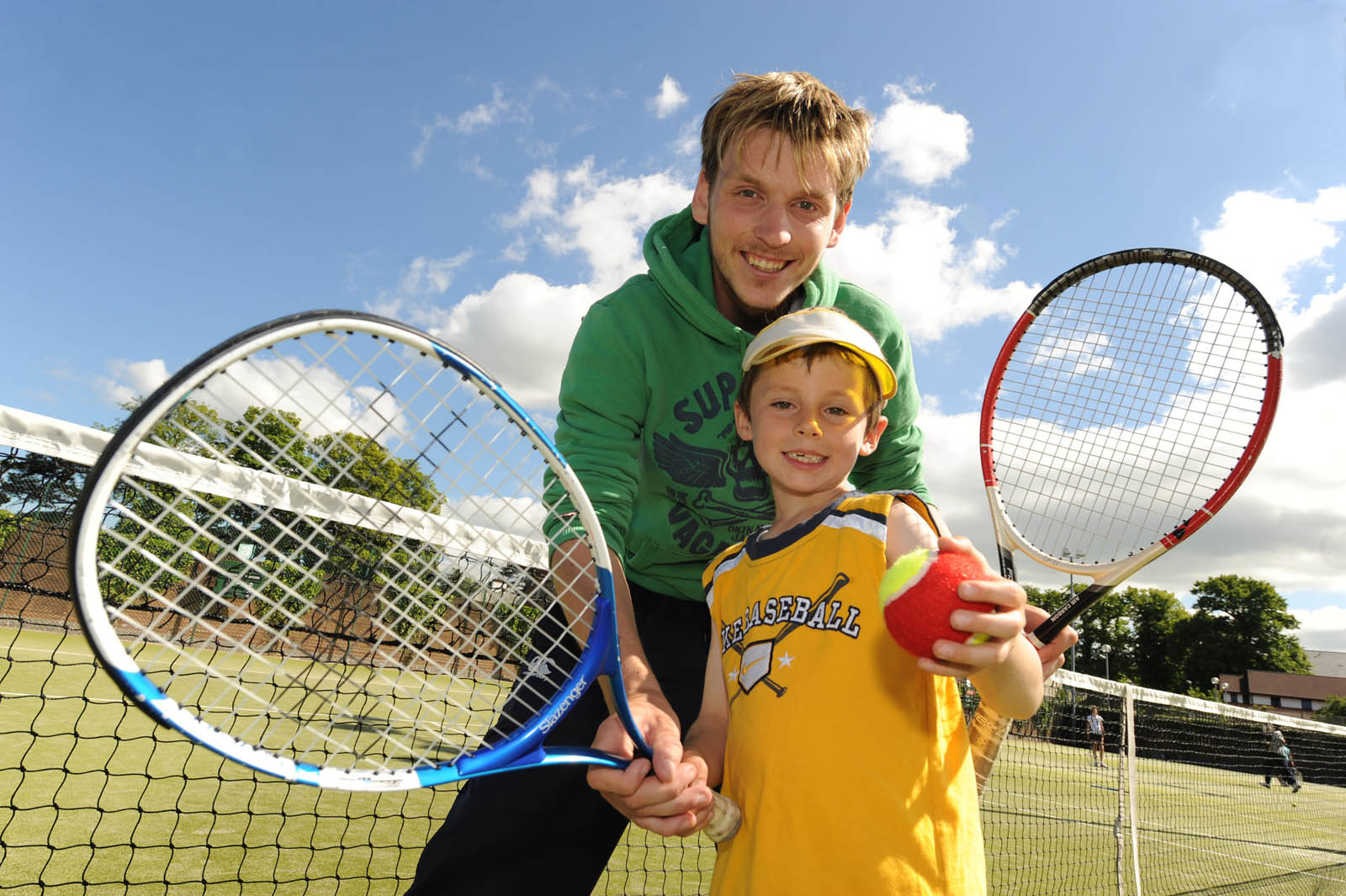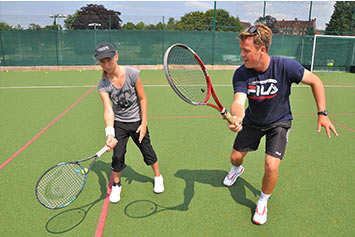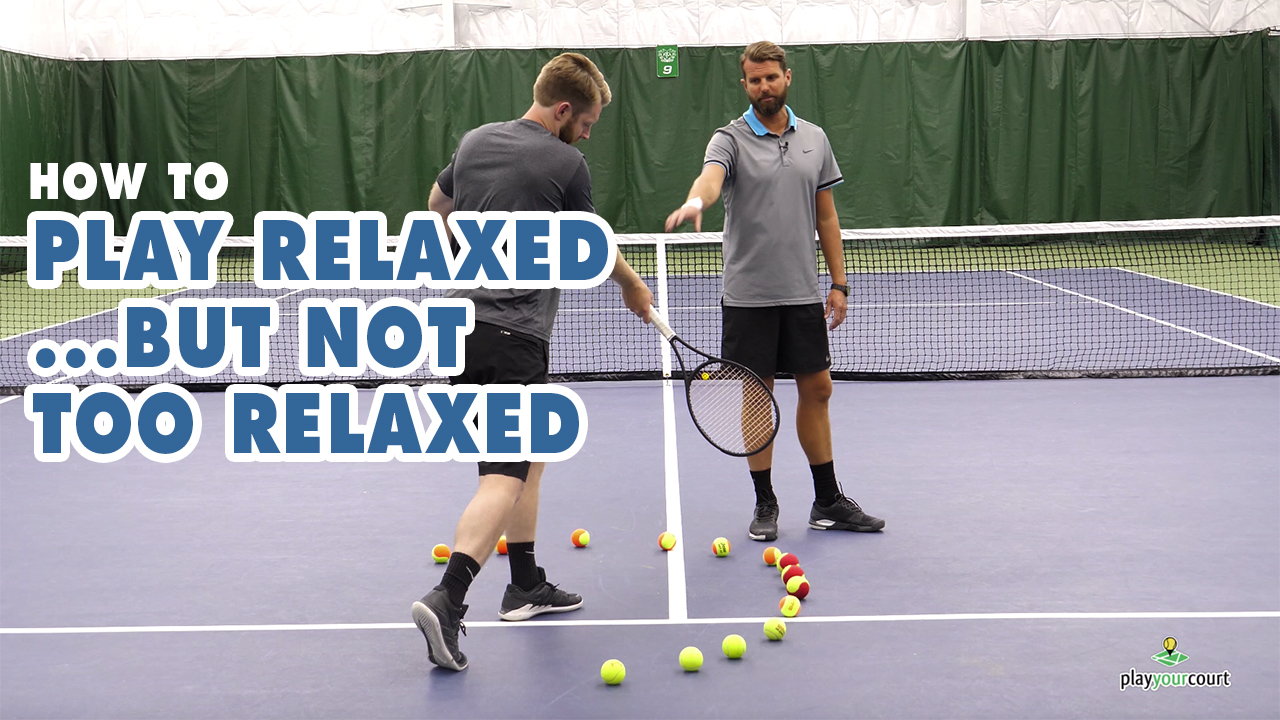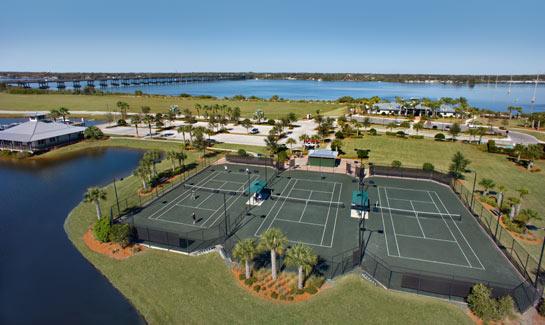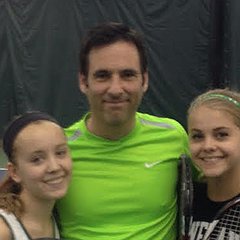It can be a daunting task to find the right tennis pro for your game, but it’s also an important one.
When evaluating a tennis professional, don’t be fooled by an impressive playing background. Just because you had personal success in the game of tennis doesn’t mean you’re cut out to teach it.
If you look at Darren Cahill and Brad Gilbert, two of the most successful coaches in the world of tennis today, you quickly realize that coaching success depends on more than playing experience alone. While a successful playing background generally indicates a sound knowledge of the game, an effective tennis professional requires both understanding of the game and the ability to teach it.
Teaching, just like competing, gets better with practice.
“Find The Right Tennis Pro”
A more detailed exploration of each checklist can be found below:
When searching for an instructor, look for one with experience. A professional who has an extensive teaching background and has worked with many different levels of players is typically more efficient in developing a player’s game than a coach with a sparse teaching background.
A client taking from an instructor with a strong playing background but minimal teaching experience often experiences what I call “guinea pig syndrome.” Since the instructor is unfamiliar with certain problems in his client’s game, he uses trial and error to come up with a solution. This rudimentary form of teaching often leaves students confused and doubting their own credibility.
Fortunately there are some steps aspiring tennis professionals can take to expedite the learning process of how to be a more efficient instructor. The United States Professional Tennis Association (USPTA) is the world’s oldest and largest association of tennis-teaching professionals. A USPTA certification indicates that a professional has been trained to teach and that a well renowned organization is willing to not only endorse their teaching skills but to provide millions of dollars in on-court insurance to cover this professional.
While a certification can tell you a lot about a professional it is also important to realize that a different skill level requires a different level of expertise. Don’t waste your money on the top junior instructor on the east coast for lessons for your four year old. Beginners need more technique work which oftentimes requires less knowledge than coaching an advanced tournament player. For younger children just starting out, personality and the ability to keep it fun might be more relevant than years of experience working with top ranked juniors.
Although a sound knowledge of the game, experience, and a certification are all parts of a successful resume, personality plays an equally important role in a tennis professional’s success. The ability to identify with a client on a personal level is a skill that helps to break down the barriers of communication and makes it easier for the student to learn. If you quickly realize there’s no chemistry, it’s time for a change.
There are many factors and qualifications that you should look for in your professional before booking that first lesson. A reasonable playing background, teaching experience, and certifications are things to look for that will help ensure you are satisfied with your tennis professional. With as many good professionals as there are out there, there’s no excuse for dissatisfaction, don’t settle, do your research.
Scott Baxter is the Founder/ CEO of PlayYourCourt.com. PlayYourCourt.com provides tennis lessons where you want them. You choose the court and we’ll send the pro! Go to PlayYourCourt.com to book a lesson on your court today!
